The pathway to handwriting
As a prime area of development within the Early Years Foundation Stage (EYFS), Physical Development is key to all other areas of development and their future school years. This is broken down into two main sections gross motor skills, the big muscles groups enabling our little ones to move around and explore their environments and fine motor skills, the smaller muscles within the hands.
Firstly, we develop our big muscles by learning to crawl, walk, run and jump. At the same time we work on strengthening our core muscles. At Highfields we provide our children with lots of opportunities to build these muscles using equipment such as climbing frames, swings and scooters as well as dancing with ribbons and mark making whilst standing. These big movement activities help to strengthen the muscles required to sit at a table with a good posture as well as the shoulder and arm muscles to hold a writing tool and use it correctly.
Within the craft area, which is readily accessible to the children, we have many many resources for them to experiment with. Glue and spreaders, crayons, chalk, pencils, pens, paint and an array materials to paint with. These help to spark the children’s interest in mark making.
Children go through stages of holding a pencil, from a Palmer grasp (fist grip) around 12-15 months, to the digital pronate grasp around 2-3 years, to a static tripod and/or Quadrupod grip at around 3-4 years of age. Children, typically, will not be able to hold a pencil using the correct dynamic tripod grasp until between 5-6 years old.
To get children to this stage we have to do a lot of build up work. This includes lots of fine motor activities such as picking up small objects using just a thumb and forefinger, threading activities and a particular favourite within Highfields is playdough. We make and play with playdough on a regular basis, this is brilliant because the children can play with the dough using rolling pins, cutters, children’s safety knives, and potato mashers, all of which help with the strengthening and development of their small hand and finger muscles. The playdough can be used to enhance their imaginative play being made into sweets, cakes, pizzas and much much more. We then take this one step further and use the dough during Dough Disco sessions. These are small finger dance sessions that get the children to manipulate the dough in specific ways to work the precise muscle groups needed for handwriting a few years into the future.
Below is a link to a handy website with useful information about fine motor development and some lovely activities you can try at home with your little ones.
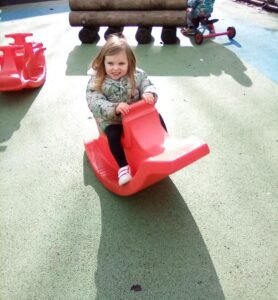
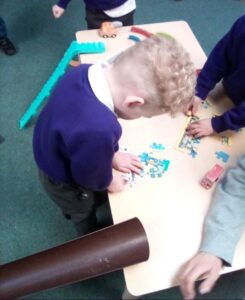
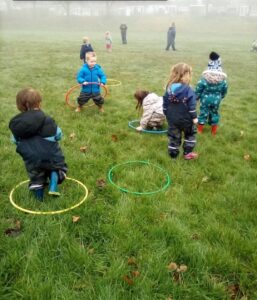
https://busytoddler.com/learning-handwriting/
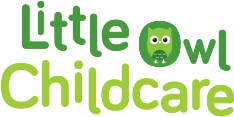





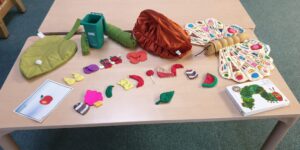


Recent Comments